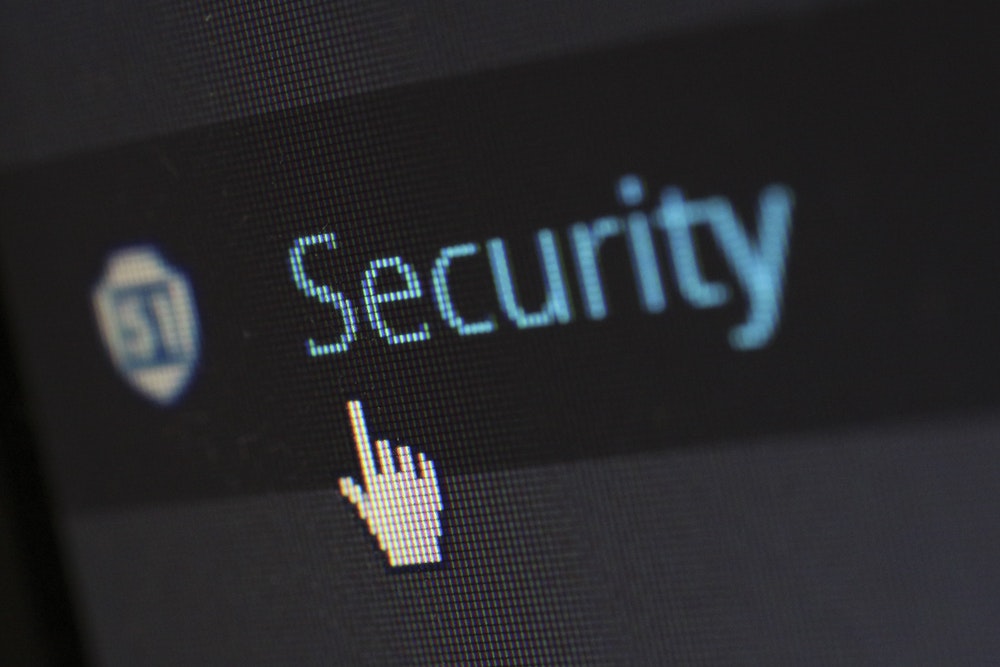Five Steps to Protect Your eCommerce Site from Malware
Starting an Internet business and building an ecommerce website can be an exciting endeavor. You have the chance to work from anywhere in the world that your heart desires, and you can be your own boss. You can also earn a lucrative income and possibly enjoy an early retirement. Once you have your eCommerce website up and running, you need to make sure you take steps to secure it because the last thing you want is for your business website to be destroyed by malware. Malware is one of the chief reasons eCommerce sites are compromised and business owners lose income. In order to protect your ecommerce website from malware, it is crucial that you follow the below five steps.
Quick Links
Make Sure the Host and Platform You Choose is Secure
The first step to building your eCommerce website is to choose a host and a site-building platform. Before you decide which company will host your website and which platform builder you will use, you will need to do some research on which hosting companies and platform builders have the best security features. Not all hosting companies and website platforms are created equal, as some offer more security features than others. Choosing the hosting company and website building platform with the most security features is guaranteed to put you on the right track for keeping your business website secure.
Have an SSL Certificate for Your Site
In order to protect sensitive data that is exchanged between you and your customers, it is essential that you have an SSL certificate. An SSL certificate encrypts data between the customer’s web browser and your website, making all data unreadable to outsiders which keeps it from being stolen and used for nefarious purposes. The only ones who will have access to data that has been exchanged between you and your customers are you and your customers. When customers see that you have an SSL certificate on your website, this will enable them to feel confident that their data will be safe when doing business with you.
Use a Third-Party Payment Processor to Collect Payments from Your Customers
The best way to avoid losing your customers’ data is to not have any stored on your site in the first place. Process all payments using a third-party payment processor, such as Paypal. When you use a third-party payment processor, the responsibility of keeping the data safe and taking measures to ensure it does not get leaked rests with the payment processing companies and not you.
Keep Your Website Up-to-Date and Install All Security Patches
Hackers never tire of looking for vulnerabilities. Many hackers make it their full-time job to look for weaknesses in eCommerce websites in order to exploit business owners to obtain dishonest gain. Because of this, developers are always working on ways to make their website builders secure. Make sure you install all software updates on a regular basis and install security patches as they become available. If you do not want to be responsible for doing all the updating and patching yourself, you can outsource these tasks to a managed IT service provider. Managed IT service providers will monitor your website and make sure all updates and security patches are installed in a timely manner. Before you choose a managed IT service, provider, make sure the company services your geographic location. For instance, if you reside in the Toronto area, you will want to work with a managed IT services provider in Toronto.
Review All Plugins and Third-Party Apps Regularly
If you will be using any third-party apps and plugins, you will want to review them regularly. Make sure they are being updated frequently and that there are no security vulnerabilities. If you find that the developers of any of these plugins or third-party apps are not updating and patching as often as they should, it will be a good idea to discontinue using them. The last thing you want is to use a plugin or third-party application that makes your website vulnerable to malware attacks.
If you implement all five of these steps, you will not have to worry about malware attacks. Your website will be secure, and your customers can shop with confidence. Best of all, you will not have to worry about any loss of income or being exploited.
Why WooCommerce is the Best Choice for Your Online Store?
WooCommerce stands out as a top option for anyone looking to build an online store. This platform…
0 Comments8 Minutes
How to Use AI-Powered SEO Tools for WordPress eCommerce
SEO is a critical factor in the success of any e-commerce WordPress store. As competition…
0 Comments11 Minutes
Why Short-Form Videos Are the Future of Content Marketing
Your Instagram customers spend over 50% of their time watching short-form videos and reels. Rather…
0 Comments12 Minutes
The Role of Digital Marketing in Business Growth
Online marketing touches every aspect of a business, whether it is initiating the idea or for an…
0 Comments3 Minutes
AI Meets Authenticity: Balancing Automation and Human Touch in Content Marketing
Is your brand starting to sound like a robot? In a world where algorithms write faster than any…
0 Comments8 Minutes
Essential Tools for Enhancing Web Design and UX Hosting
Have you ever visited a website that felt slow, clunky, or confusing? A website that is poorly…
0 Comments11 Minutes
How a Mini Cart Transformed My Store’s Shopping Experience
Okay, real talk—running an online store is hard. You think you’ve got everything figured out, you…
0 Comments9 Minutes
Balancing Your Security Initiatives With Industry Compliance Requirements
Managing a business today comes with a number of daily battles that need to be fought. Resources…
0 Comments11 Minutes








